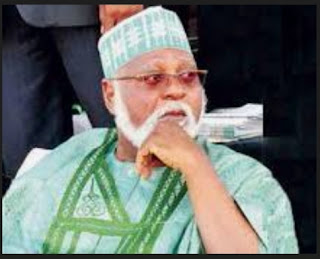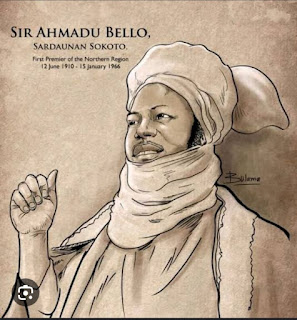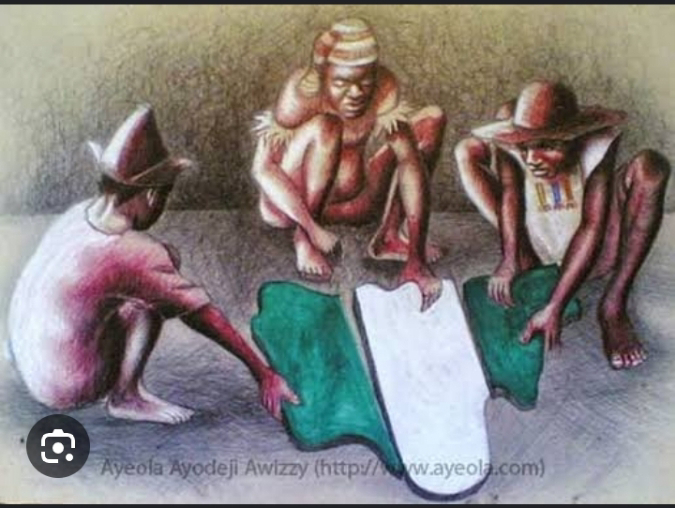Abdulsalami Abubakar and The Fourth Republic
Biography
Abdulsalami Abubakar GCFR, is a Nigerian statesman and retired army general who served as head of state from 1998-1999, he was also Chief of Defense Staff from 1997-1998. Abubakar, an ethnic Hausa, was born on 13 June 1942 to his father Abubakar Jibrin and mother Fati Kande Mohammed, in Minna, Niger State Nigeria. He joined the army in 1966 as an officer cadet and through the course of his 39 years career Abubakar rose through the ranks to become Chief of Army Staff appointed by General Sani Abacha in 1997. Upon Abacha's death on 8 June 1998, Abubakar held a meeting with the members of the Supreme Military Council where he reluctantly agreed to become the Military President and Commander In Chief of the Armed Forces of the Federal Republic of Nigeria.
1999 Elections
A few days after assuming office, Abubakar promised to hold elections to bring back civilian rule within a year. He set up the Independent National Electoral Commission (INEC) appointing former Supreme Court Justice Ephraim Akpata as Chairman. INEC held series of elections first for Local Governments Areas in December 1998, then for State Assemblies and Governors, National Assemblies and finally Presidential elections on 27 February 1999. Surprising critics who taught Abubakar won't hand over power and observatories who questioned the transparency of the elections, in May 1999 General Abubakar handed over power to the newly elected civilian president, Olusegun Obasanjo, and retired from the army, officially starting Nigeria's current and longest running civilian government.
The Fourth Republic
The Fourth Republic is the current republican government of Nigeria it adopted the 1999 Constitution which is still in use as the official law of the country. The 1999 Constitution provided for a presidential system of government, political parties were formed, (People's Democratic Party (PDP) ), (All Nigerian People's Party (ANPP) ), and (Alliance for Democracy (AD) ), elections were held at the Federal, State and Local Governments levels with Olusegun Obasanjo emerging as the Executive President. The Presidential system has features such as separation of power, checks and balances, bicameral legislature and an independent judiciary. The Fourth Republic can speak of substantial economic growth and development even though most Nigerians might not really be fond of the progress Nigeria has made since 1999, economic and infrastructural developments has been slow and full of setbacks but one thing Nigeria can boast of is an uninterrupted civilian and democratic rule for 25 years and still counting and 5 different civilians administrations. In the 20th century which was peppered with military regimes, this achievement was and is implausible.



Comments
Post a Comment